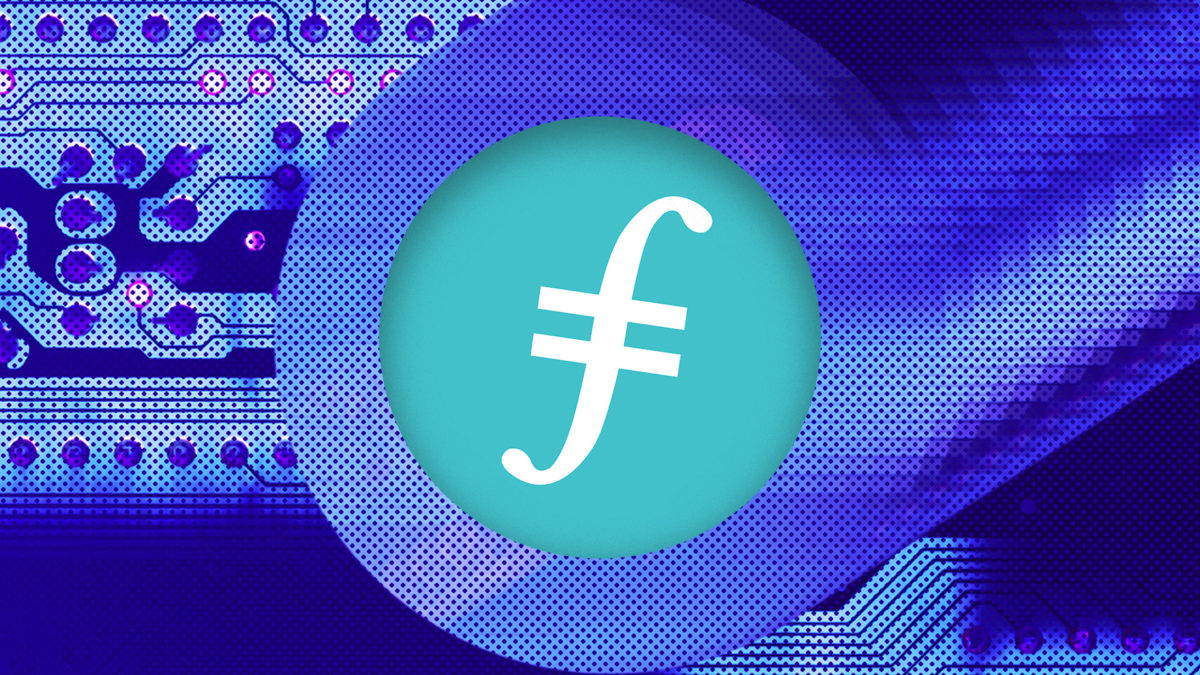Filecoin Foundation, FilOz unveil decentralized cloud to build more resilient and customizable apps

Quick Take
- The Filecoin Onchain Cloud is a decentralized platform designed to support “full cloud workloads” from storage and retrieval to transformations and processing.
- Several teams, including ENS and Safe, are testing decentralized frontends.

Filecoin research and development team FilOz and the Filecoin Foundation have unveiled Filecoin Onchain Cloud, a decentralized cloud platform designed to create more resilient onchain applications.
Announced at the Devconnect event in Argentina, the public launch coincided with a major Cloudflare outage on Tuesday that has brought down key crypto frontends as well as key dependencies across the web.
“Recent global outages at major cloud providers have taken dApps, explorers, and wallets offline, exposing the decentralized web’s reliance on centralized infrastructure,” the Filecoin cloud team wrote.
A programmable, decentralized cloud
The Filecoin Onchain Cloud aims to make digital storage more reliable and programmable, fit for a growing smart contract-based economy. Like the rest of the Filecoin ecosystem, the cloud service is also centered around the idea that there should be different storage markets and policies tailored to specific needs.
“We realized we had a lot of the building blocks available to start building all of this stuff as smart contracts using the FVM [Filecoin Virtual Machine], programming around storage and building it, not just for core storage use cases, but also for retrieval use cases,” FilOz lead Molly Mackinlay told The Block.
Mackinlay — a longtime Filecoin ecosystem contributor, who helped build the well-established decentralized content-based addressing protocol IPFS — said FilOz began working on the cloud protocol about a year ago. The system is currently operating, though is relatively bare bones compared to where they want to take it.
Ultimately, any onchain product or service could be tethered to the decentralized cloud, which ties together Filecoin’s verifiable storage, fast retrieval, and native USDFC stablecoin building blocks, Mackinlay said.
The ENS and Safe teams, for example, are beginning to trial Filecoin cloud “DeFi frontends” that are as easy to access and update as traditional websites, with additional blockchain benefits.
“We have all those different communities building on the Filecoin Onchain Cloud today, but also thinking about the future, we don't just want there to be storage services that are easy to use,” Mackinlay said. “There is a retrieval egress feature that allows people to pay kind of per bandwidth and service providers get paid for serving that content in the Filecoin ecosystem.”
It’s a point echoed by Filecoin creator Juan Benet, who told The Block that the team aims to support “full data pipelines” from storage and retrieval to transformations and processing. \
Early partners test new onchain infrastructure
In addition to ENS and Safe, several blockchain AI teams are using Filecoin Onchain Cloud to provide cryptographic guarantees unavailable elsewhere.
Monad, the upcoming EVM-based Layer 1, for instance, is using the cloud to build, train, and deploy AI models that are transparent, auditable, and self-verifying through its "Blueprint" program, while the ERC-8004 team behind Agent0 is appending agent-related data to the system to prove it hasn't been tampered with.
Benet noted that cloud users "fully own their stack," meaning it's fully portable across Filecoin's global network of independent storage providers. The stored data is also content-addressed — identified by what it is, not where it’s stored — using IPFS and the Filecoin Pin retrieval system, "so data can’t be tampered with or quietly replaced."
Further, Filecoin Pay, the "settlement layer of Filecoin Onchain Cloud," also enables another layer of permissionless development through its "new class of verifiable, pay-per-use services" featuring balances and payments that are "onchain, queryable, and auditable."
Payments can be made in Filecoin's native FIL token, USDFC stablecoin, or any ERC-20 token.
“You could do these full cloud workloads, but operating in a cloud that isn't owned by a major U.S. company that doesn't have a centralized point of failure,” Benet said.
Disclaimer: The Block is an independent media outlet that delivers news, research, and data. As of November 2023, Foresight Ventures is a majority investor of The Block. Foresight Ventures invests in other companies in the crypto space. Crypto exchange Bitget is an anchor LP for Foresight Ventures. The Block continues to operate independently to deliver objective, impactful, and timely information about the crypto industry. Here are our current financial disclosures.
© 2025 The Block. All Rights Reserved. This article is provided for informational purposes only. It is not offered or intended to be used as legal, tax, investment, financial, or other advice.







